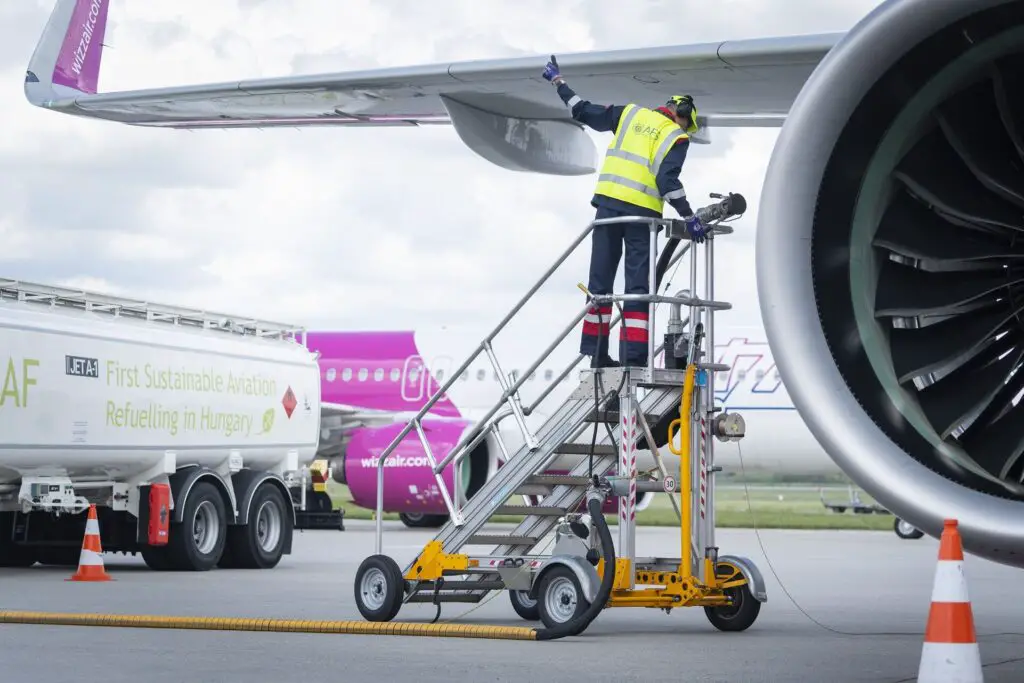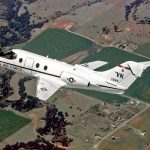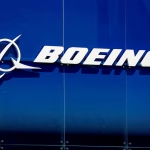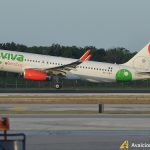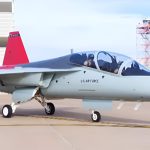MOL, in collaboration with Neste, Budapest Airport (BUD), RÜK (Airport Fuel Supply Kft.), and Wizz Air, has initiated commercial trials of their sustainable aviation fuel (SAF) supply chain. This move is a significant contribution to the aviation industry’s efforts to mitigate climate change.
The project signifies one of the most substantial efforts to reduce carbon emissions in aviation. It anticipates the European Union’s forthcoming SAF blending mandates, set to be implemented in 2025, by organizing fueling at Budapest Airport (BUD).
First Flight Powered by SAF Blend
On May 10, a low-cost flight using a blend of Neste MY Sustainable Aviation Fuel™, provided by MOL, departed from Budapest Airport. Three of Wizz Air’s Airbus A321neo aircraft used a blend of 37% pure SAF and 63% Jet A1 fuel, totaling 23.5 tons for the trial, and transported passengers to destinations including Paris, Luqa (Malta), Eindhoven, Madrid, and Castellon.

Reducing Environmental Footprint with SAF
MOL and Wizz Air have taken this opportunity to lessen the environmental impact of transport fuels. The SAF, produced by Neste from used cooking oil and animal fat waste, decreases carbon emissions by up to 80% over the fuel’s lifecycle compared to conventional fossil fuels.
Senior Vice President of Downstream Fuels at MOL Group, Csaba Zsótér, emphasized MOL’s strategic objective of driving Hungary’s circular economy and achieving carbon neutrality by 2050. The company continually tests innovative technologies and develops products to ensure a reliable supply of low-carbon fuels and accelerate ecological transition.
Biofuel Production at the Danube Refinery
At the Danube Refinery, biofuel materials, including vegetable oils, used cooking oils, and animal fats, are combined with fossil components to produce more sustainable diesel since 2021. The refinery also promotes waste recycling, with used cooking oil being accepted at MOL service stations since 2011.
Industry Collaboration: Key to Addressing Climate Challenge
«Today’s SAF test, ahead of the 2025 legislative mandates, highlights that industry collaboration is crucial to tackle climate change. Wizz Air, already a sustainability leader with one of the youngest aircraft fleets and highly efficient operations, sees the SAF initiative at Budapest Airport as a testament to our broader strategy, where alternative fuels play a critical role,» said Yvvonne Moynihan, corporate and ESG director, Wizz Air.

